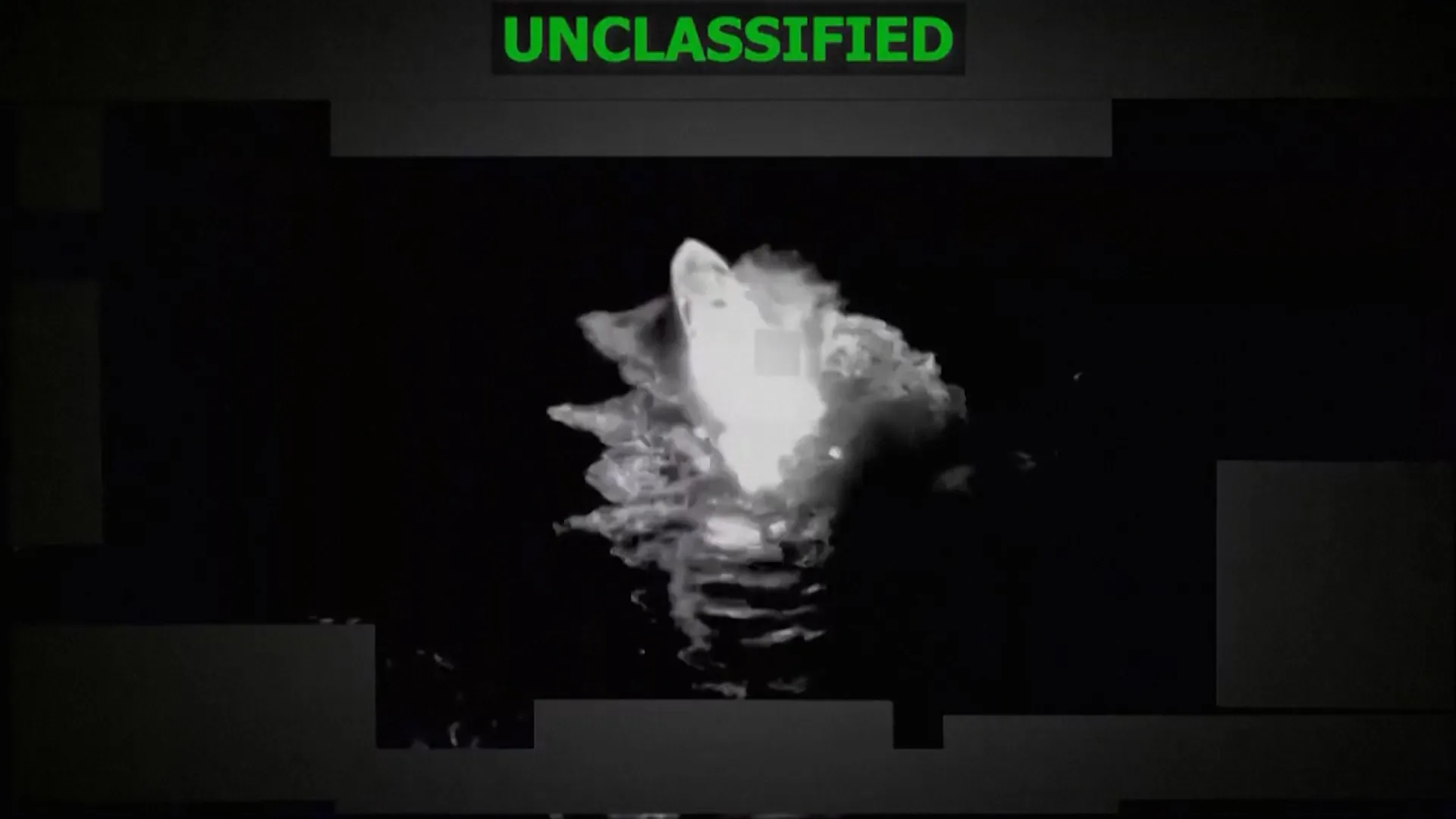Search for survivors after US military strike on alleged drug convoy | Military
The US says a search is underway for survivors after it bombed what it said was a suspected drug trafficking convoy. The attack is believed to have taken place off the coast of Venezuela.
Published On 1 Jan 2026
